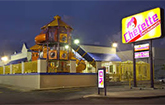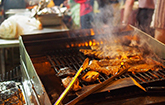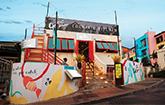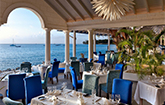|
Your Ultimate Guide To Barbados
There are so many things to do and see here in Barbados!
View all of our best tours and start your adventure today!
Barbados Pocket Guide
Welcome to the Barbados Pocket Guide, a comprehensive source of information about our island, it's people, culture and life in general. We also have tons of information on places to stay, flights, car hire and tours of the island, all here! Enjoy visiting our site and please feel free to write a comment or send us a message directly with articles you think we need to add.
Things To Do!

Island Safari
Island Safari offers a unique jeep safari experience on our zebra striped, specially designed 4x4 jeeps. Climb on board our comfortable cabs and let us show you what the others leave out, specifically the most scenic locations of the island by travelling on and off the beaten track.
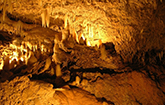
Harrison's Cave
Explore Barbados' underground! At the heart of the island lies a great geological wonder, the magnificent Harrison's Cave. Admire the crystallized, limestone cave, its flowing streams, deep pools and towering columns as you travel by tram or get up close and personal with the Eco-Adventure Tour.

Catamaran Cruise
Lay back, relax and sunbathe as you sail across the calm Caribbean Sea. Explore the crystal clear waters as you swim and snorkel with the tropical fish and majestic turtles. Then, enjoy a scrumptious lunch as you admire the beautiful rolling coastline and sparkling water.
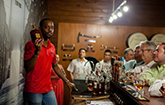
Mount Gay Visitor Centre
Make a stop at the world renowned Mount Gay Rum Distillery and discover the secrets behind Barbados’ finest and most celebrated spirit, in the island where rum was invented! Witness the history of Mount Gay as you journey with them through their rich heritage, proven artisanship and unique taste.
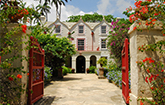
SunTours Special
Grab the SunTours Special with SunTours Barbados and see all the most popular spots in Barbados! Immerse yourself in the interesting history of this island, view the most picturesque scenes and enjoy a delicious Bajan style lunch at a well favoured local spot.
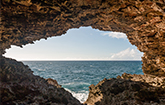
Animal Flower Cave
The colourful walls and the fascinating sea anemones at the Animal Flower Cave draw a crowd, but the amazing pools, some of which are deep enough to swim in, are the real attraction. While here, take a stroll over to the cliffs to feel the refreshing sea breeze and take in the stunning seascape.

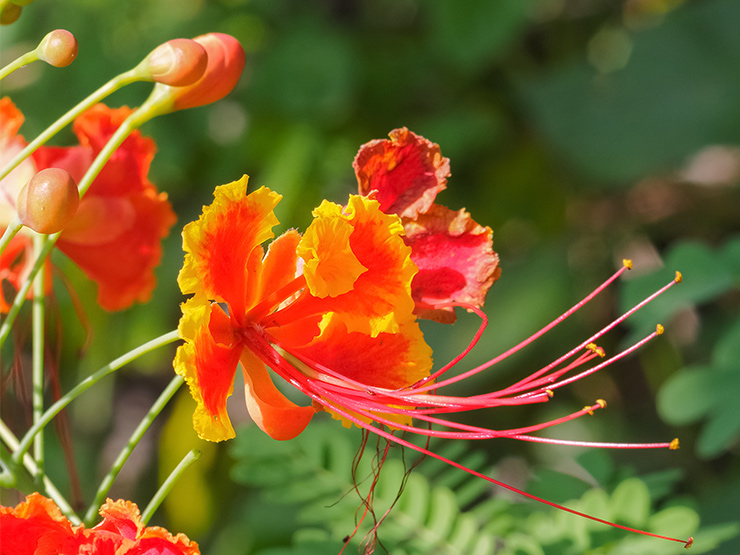
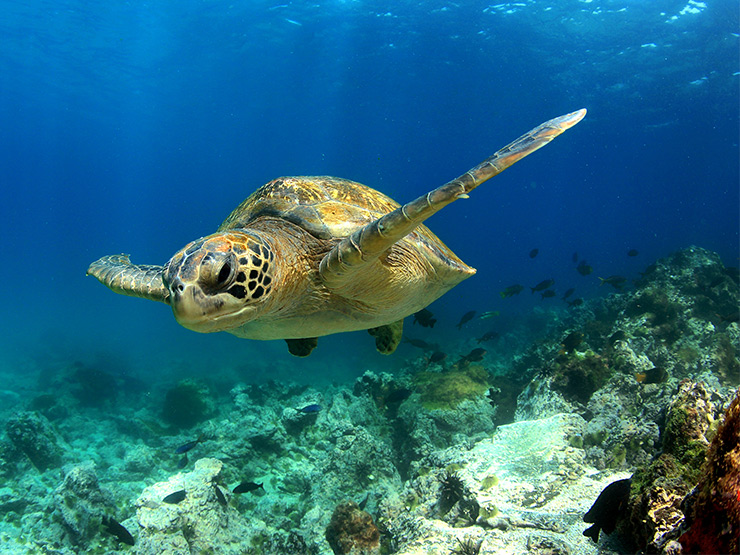
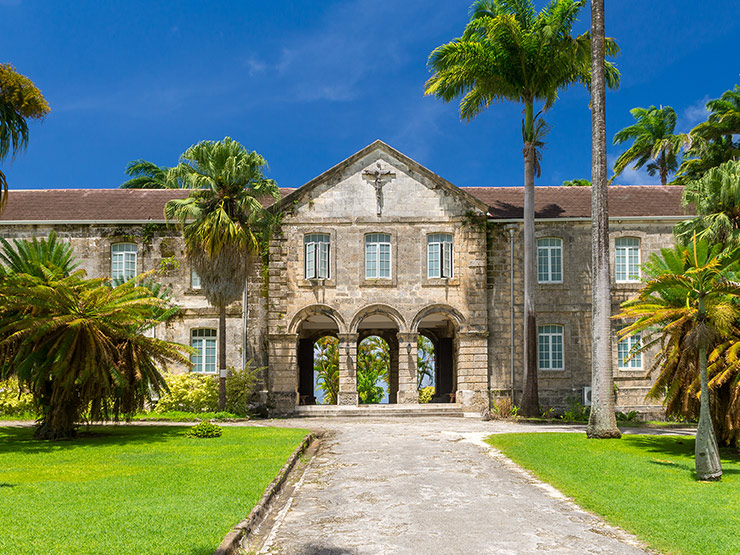
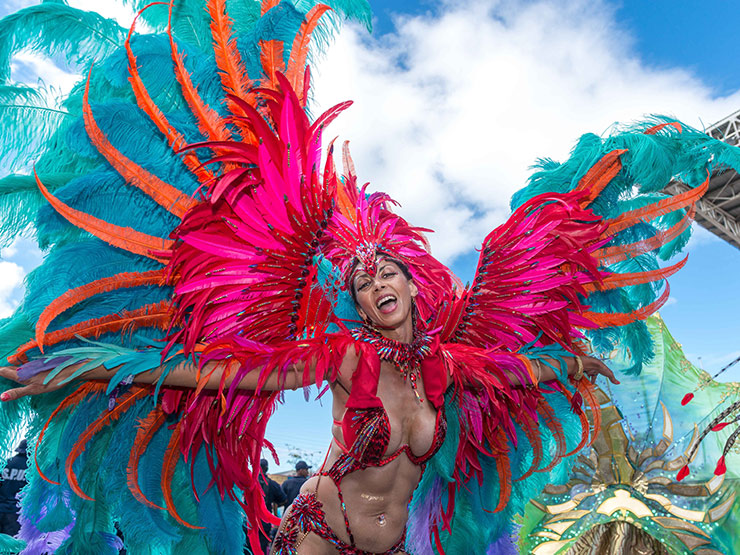
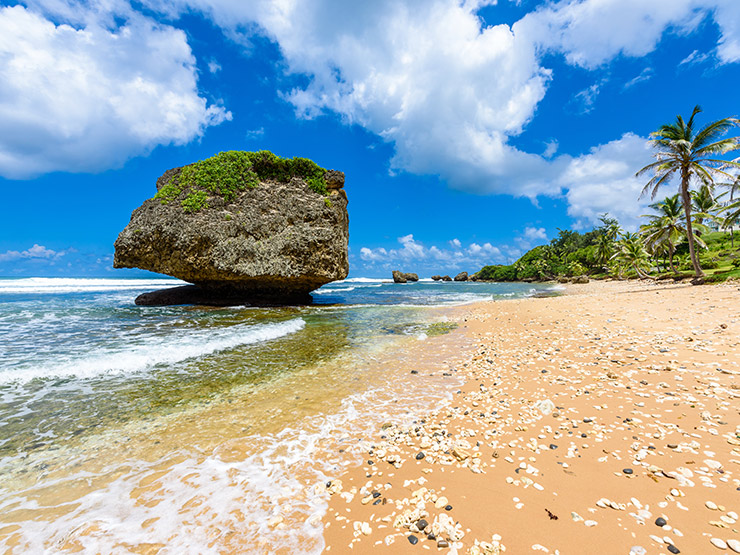
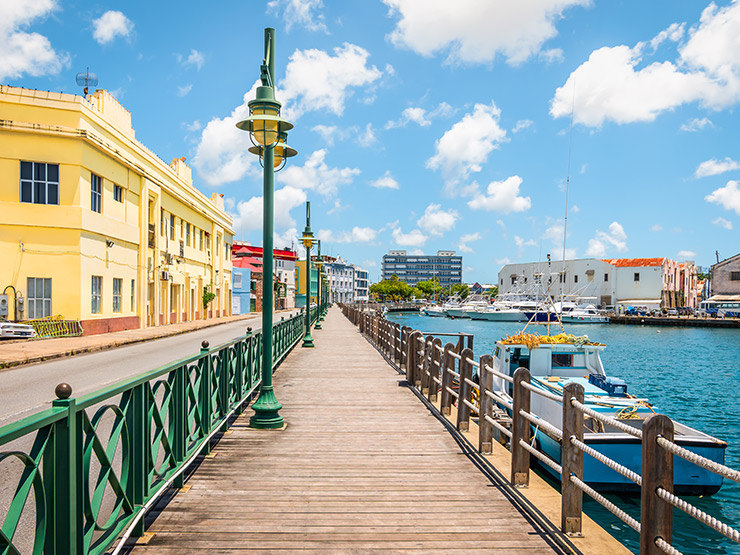
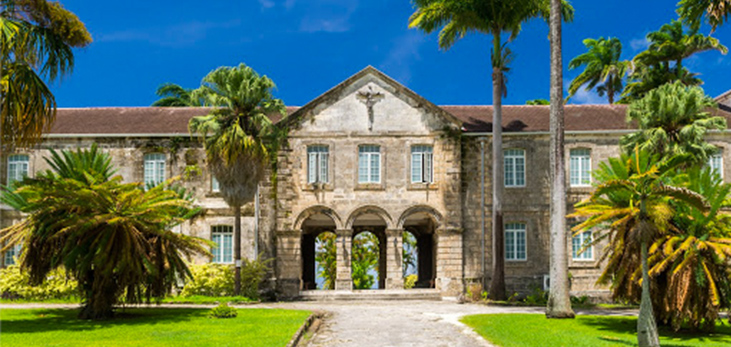 A Historical Overview of Codrington College
A Historical Overview of Codrington College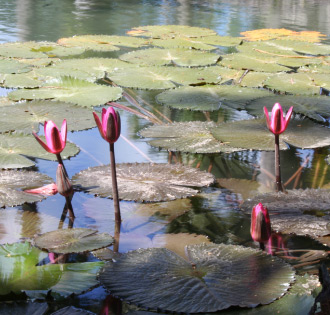 Christopher Codrington III, died on Good Friday, April 7, 1710 and was buried at St. Michael's Cathedral. Later his body was exhumed and taken to be buried in the Chapel of All Saints College, to which he bequeathed his large selection of books and £10,000 in cash. In his will he had left to the Society for the Propagation of the Gospel the estates at Society and Consetts. One of the purposes of the bequest was that there should be maintained a number of professors who should be obliged to teach medicine, surgery and divinity. So his request stated: Give and Bequeath my two Plantations in the Island of Barbados to the Society for propagation of the Christian Religion in Forreighn parts, Erected and Established by my Late good master, King William the Third, and my desire is to have the Plantations Continued Intire and three hundred negros at Least Kept always thereon, and A Convenient number of Professors and Scholars maintained there, all of them to be under the vows of Chastity and obedience, who shall be oblidged to Studdy and Practice Physick and Chyrurgery as well as divinity, that by the apparent usefulness of the former to all mankind, they may Both indear themselves to the People and have better oppertunitys of doeing good To mens Souls whilst Takeing Care of their Bodys. (See Harlow, Vincent T., Christopher Codrington III: 1667-1710, London: Hurst & Company; New York: St. Matrin's Press, 1928, 1990, 213, 218. The clause in italics was deleted by Archbishop Tenison after being considered popish by Christopher Codrington's heir Colonel William Codrington. So Harlow, Christopher, 213 esp. note 1).
Christopher Codrington III, died on Good Friday, April 7, 1710 and was buried at St. Michael's Cathedral. Later his body was exhumed and taken to be buried in the Chapel of All Saints College, to which he bequeathed his large selection of books and £10,000 in cash. In his will he had left to the Society for the Propagation of the Gospel the estates at Society and Consetts. One of the purposes of the bequest was that there should be maintained a number of professors who should be obliged to teach medicine, surgery and divinity. So his request stated: Give and Bequeath my two Plantations in the Island of Barbados to the Society for propagation of the Christian Religion in Forreighn parts, Erected and Established by my Late good master, King William the Third, and my desire is to have the Plantations Continued Intire and three hundred negros at Least Kept always thereon, and A Convenient number of Professors and Scholars maintained there, all of them to be under the vows of Chastity and obedience, who shall be oblidged to Studdy and Practice Physick and Chyrurgery as well as divinity, that by the apparent usefulness of the former to all mankind, they may Both indear themselves to the People and have better oppertunitys of doeing good To mens Souls whilst Takeing Care of their Bodys. (See Harlow, Vincent T., Christopher Codrington III: 1667-1710, London: Hurst & Company; New York: St. Matrin's Press, 1928, 1990, 213, 218. The clause in italics was deleted by Archbishop Tenison after being considered popish by Christopher Codrington's heir Colonel William Codrington. So Harlow, Christopher, 213 esp. note 1). 
